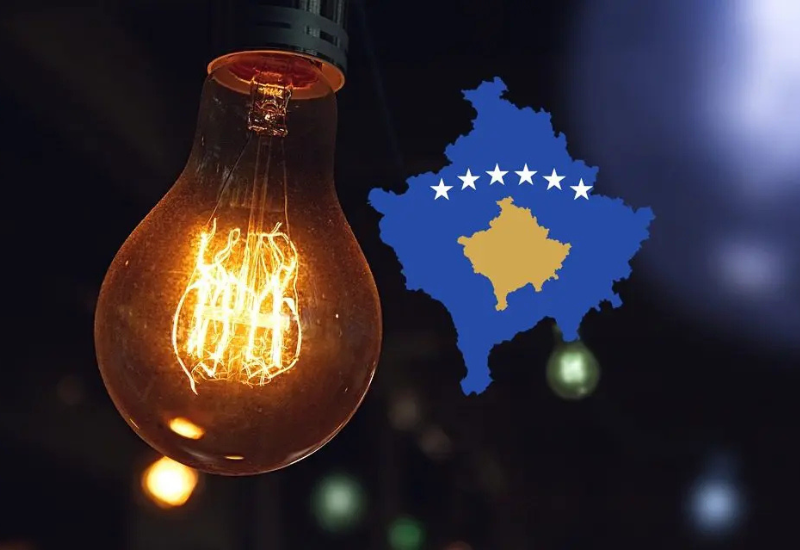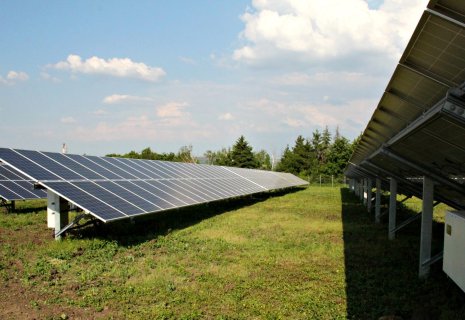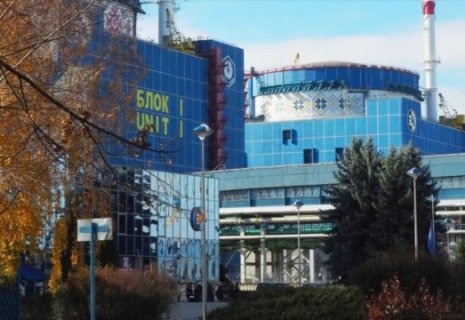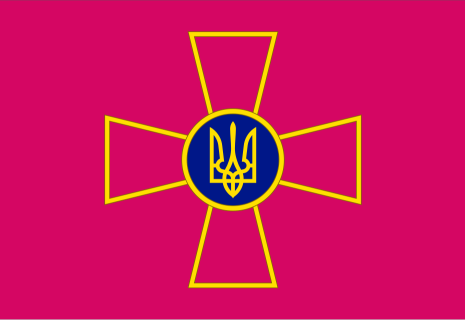
Kosovo to open energy market to big businesses
The Energy Regulatory Office (ERO)'s request that consumers with over 50 employees or a turnover of over 10 million euros enter an open energy market has caused widespread concern among Kosovo businesses. Companies are warning of increased costs and economic disruption if this energy market liberalization happens too soon, CE Report quotes Kosova Press.
Starting June 1, large businesses in Kosovo are required to choose their own electricity suppliers. While ERO has acknowledged that this requirement may cause concerns for businesses and has emphasized the need for a careful process and support during this transition.
One of the representatives of a large company in the country emphasizes that the transition to a free energy market, especially when prices are high, could have significant negative impacts on businesses.
The owner of another company in the country, Shaqir Palushi, also says they are not prepared for this rapid transition. According to him, this requirement will be "the biggest attack on companies."
Businessman Palushi wants this request to be postponed until the end of the year, and expects that there will be other companies in the country that will offer electricity distribution services.
The president of the Kosovo Chamber of Commerce and Industry, Skënder Krasniqi, also says that there were complaints from other businesses about this "quick" request.
While he says that they will request an extension of the deadline, he underlines that the liberalization of the energy market from June would be another blow to businesses, as, as he says, it would also jeopardize their existence.
While the Energy Regulatory Office (ERO) in a written response to KosovaPress admits that this process may cause concerns for some businesses, which may face various challenges, but, according to them, market liberalization is a necessary step.
"ERO is obliged to take steps to facilitate this transition, ensuring that all consumers have the opportunity to choose their energy supplier in accordance with the principles of an open market. We understand that this process may cause concerns for some businesses, which may face various challenges; however, market liberalization is a necessary step to ensure long-term development and efficiency in the energy sector, enabling healthy competition and the possibility of choosing a supplier by consumers. We are committed to taking into account the requests and concerns of businesses during this process and to providing opportunities for additional support and information to help them adapt to the new changes. ERO will also continue to monitor the implementation of this process and take measures to minimize negative impacts on businesses," the ERO response states.
According to ERO, consumers entering the open energy market can be supplied by any local company that holds a license or by foreign companies.
Energy Supply Operator KESCO is the main licensed supplier of electricity in Kosovo.
Although ERO has not provided a response, it is learned that 18 other companies are licensed in Kosovo.
Meanwhile, KESCO, in a written response to KosovaPress, said that they only execute decisions that come from ERO.
"KESCO is a company licensed to supply electricity in Kosovo by ERO. Consequently, we only execute decisions that come from ERO," it is stated in the written response from KESCO.
KESCO, in an announcement on March 5, announced that at the request of ERO, customers who have over 50 employees or who have a turnover of over 10 million euros will enter the open market - meaning they will be obliged to choose their own supplier.
According to the announcement, this is effective from June 1, 2025 and is at the request of the Energy Regulatory Office (ERO).
In addition, the Energy Regulatory Office (ERO) proposed that the price of electricity be increased by 15 percent starting in April of this year.
ERO's proposal comes after weeks ago, KOSTT, KEDS and KESCO requested an increase in electricity tariffs.
The Kosovo Chamber of Commerce and Industry reacted to this, and has been waiting with great concern for the Energy Regulatory Office's announcement of a 15% increase in electricity prices.
As a reminder, ERO annually reviews and sets electricity tariffs, which are announced every April 1 and are valid until March 31. In 2024, ERO reduced the price for commercial and industrial customers by three percent, but in 2023 it increased tariffs by 15 percent for all categories of customers.
























